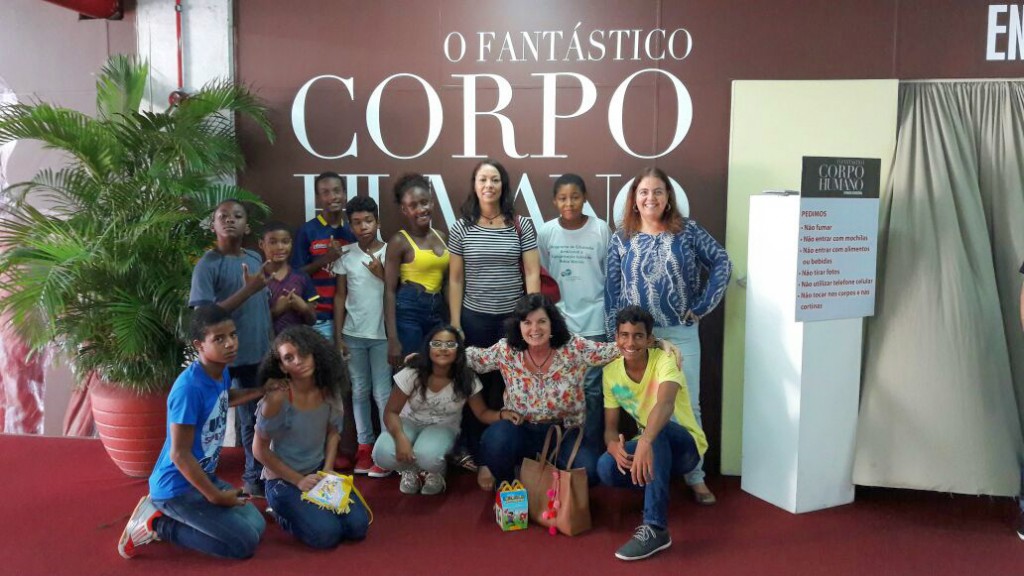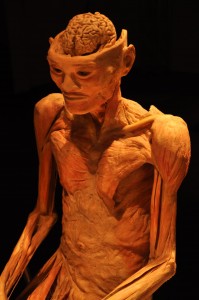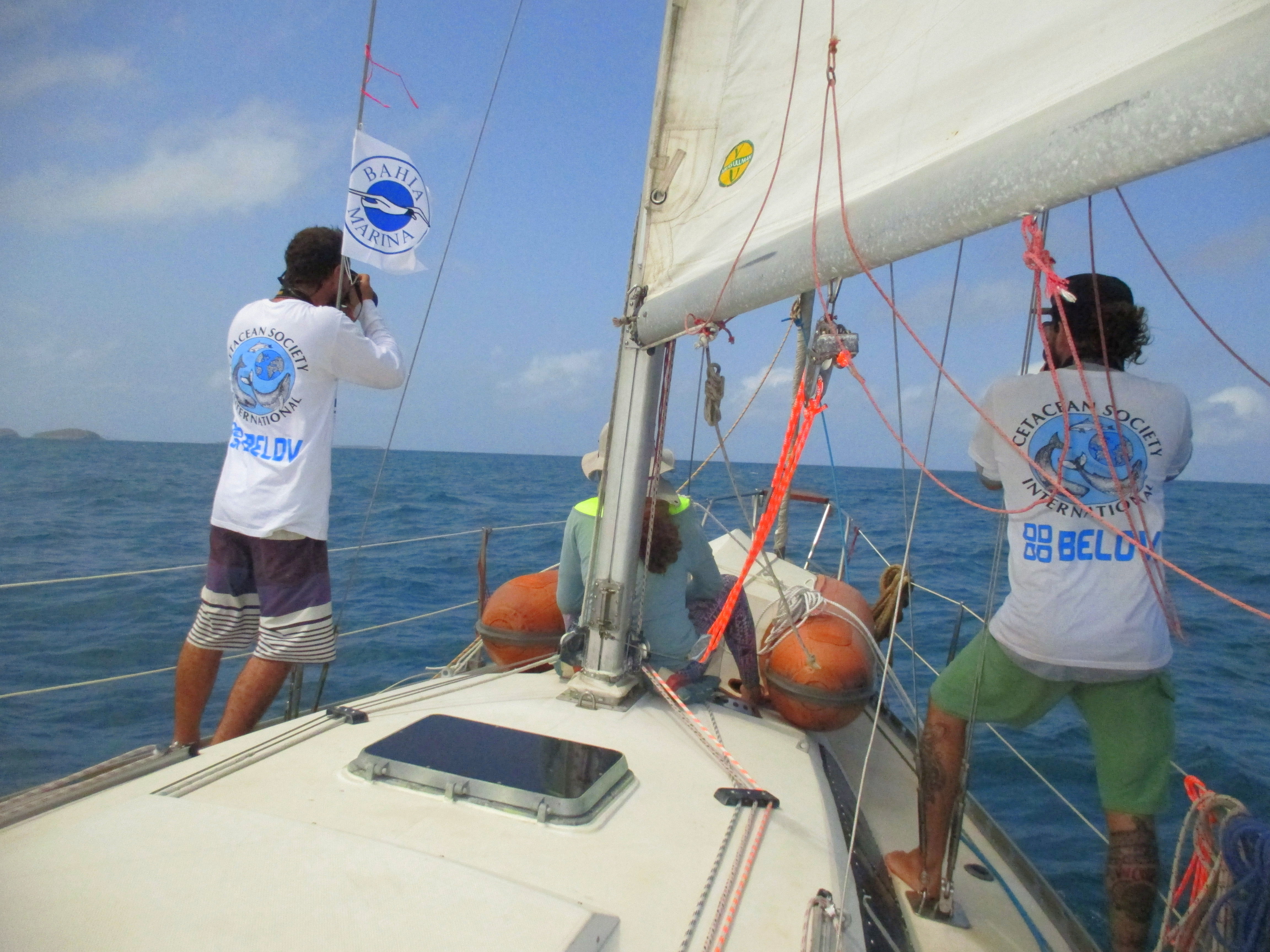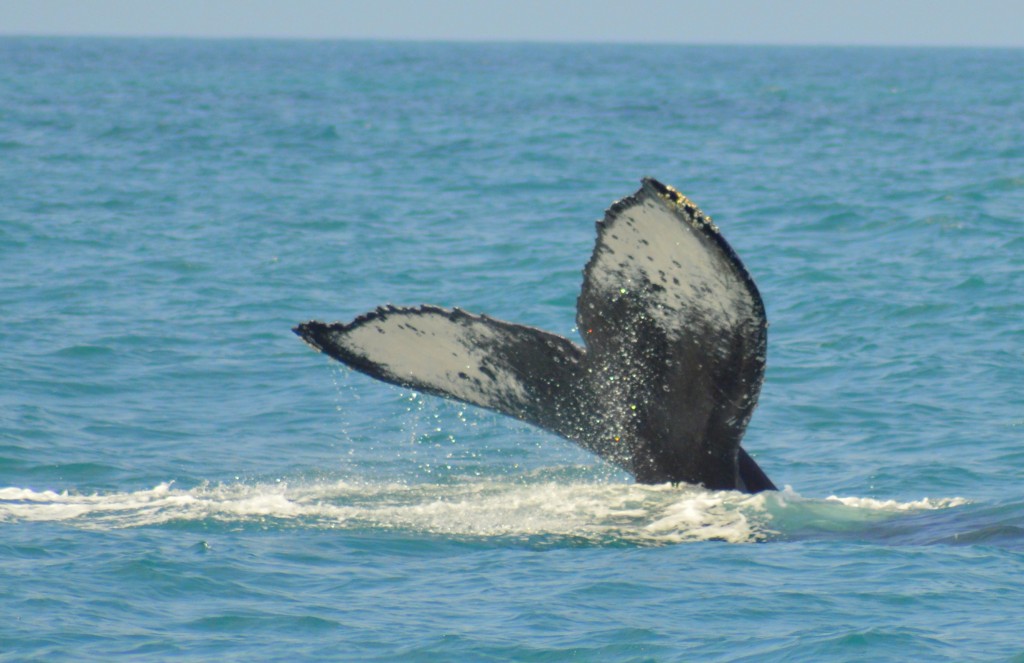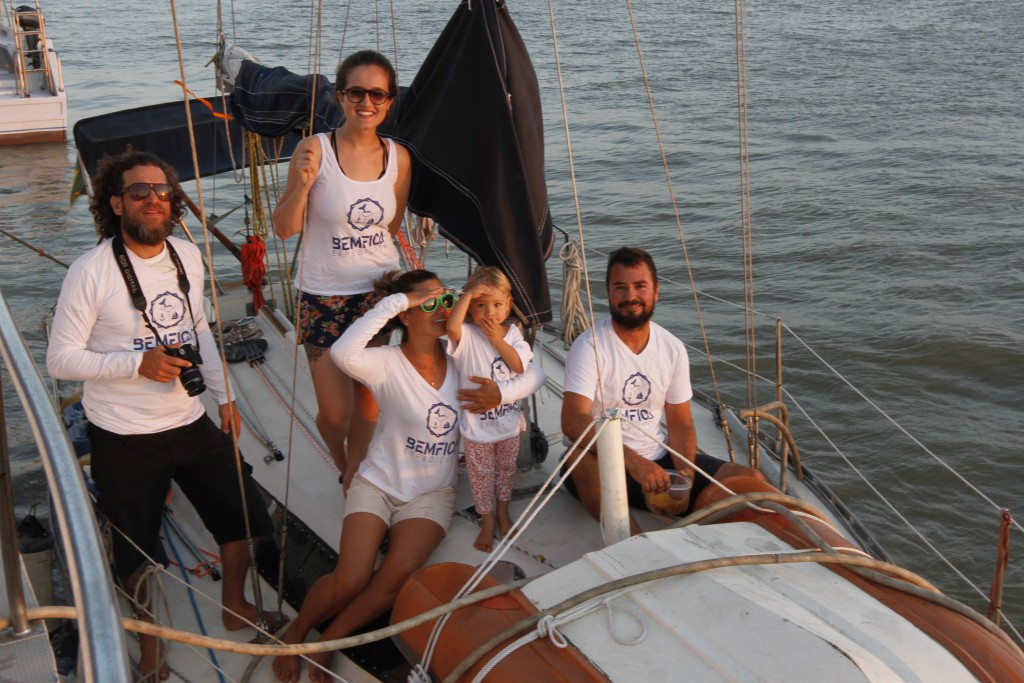Did you ever think of exploring each part of the human body in a realistic way, getting to know muscles, bones and arteries? This was possible for young people from the social communication and environmental education program, who had a live class at the international exposition “The “Fantastic Human Body”, while here in Salvador.
In every single gallery, the group could learn a little bit more about how the human body works and health care, as of free observation and orientations given by monitors and all the professionals from the health area, who were solving people´s questions in the place.
The exposition was divided by the skeletal, muscular, nervous, respiratory, digestive, cardiovascular, circulatory and reproductive systems, besides showing the fetal life and modern medicine.
Juliana Rodrigues, 11 years old, thought the exposition was really cool and left the place with important lessons learnt. “The most interesting thing for me was the explanation about the blood in our bodies and the formation of the little babies (fetus).I learned that it´s very important to care about our body and about what we eat”, she says.
Since the organs were all real, donated to science for instructive purposes, it was not possible to take pictures.
Besides the exposition, the children hung out around Salvador Shopping mall and had some food.
